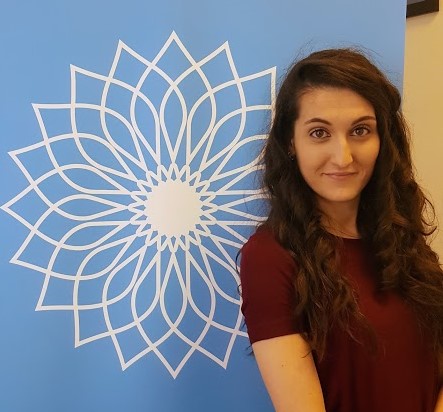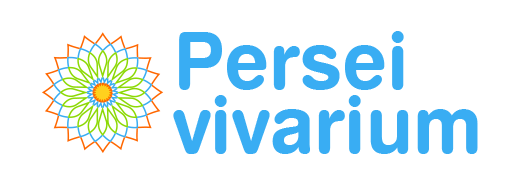Collection of patient data in the outpatient setting: What does it involve and what can it contribute?
by Ana Díaz-Roncero and Patricia Domínguez, September 1, 2021

As we have mentioned in some of our articles, we have become more and more accustomed to hearing people talk about the importance of using Real-World Data of the patient, beyond just the clinical information. Data from the outpatient setting that are related to the patient’s quality of life, experience, symptoms, therapeutic adherence, activity, emotional state, and so on… these enable us to obtain information about the general status of the patient, and the effectiveness and impact of a treatment.
Healthcare professionals are choosing to collect this type of information from their patients to complement the clinical inpatient information, as we point out in our article “Growth in the use of Digital Health: What expectations do healthcare professionals have for the long term?”. This enables them to improve the care provided and make personalized clinical decisions that positively impact the quality of life of the people who are living with a disease.
These Real-World Data provided by the patients are already known as PROs and PREs. According to the FDA, PROs (patient-reported outcomes) refer to a “measurement of any aspect of a patient’s health status [symptoms, quality of life, etc.] that comes directly from the patient (i.e., without the interpretation of the patient’s responses by a physician or anyone else).” These PROs, among other benefits, help the provider to understand which treatments are most appropriate for each patient, beyond just being effective, thus helping to determine whether they make a difference in the patient’s health and quality of life.
The PREs (patient-reported experiences), on the other hand, are data about the experience of the patient during the healthcare process. This information can help improve the management of the healthcare process: time used in care, the process that is followed, communication with healthcare professionals, etc.
In this way, PROs and PREs are key to a patient-centered healthcare model, not only because they help providers make decisions based on the patient’s own data, but also because they enable the patients to participate in the management of their own disease, improving their understanding and facilitating the management of their treatment, as well as the maintenance of therapeutic adherence.
And … How do we collect these data? These data can be actively entered by the patient, thanks to remote patient monitoring platforms, for example, or passively with devices such as wearables: watches that track heart rate or even a mobile phone that gathers data on physical activity.
The European Commission has noted that the use of mobile phones enables the monitoring of the patient in his or her own environment, and facilitates the collection of a considerable amount of personal medical data, as well as patient’s access to his or her own medical information.
To respond to these needs, Persei vivarium uses Caaring®, which is our remote patient monitoring platform that facilitates the collection of this kind of data from the patients: symptoms, adverse events, quality of life, and so on, sharing this information with the healthcare professional for use in decision-making, thus facilitating the management of the disease.
Ultimately, it is becoming more and more important to collect this information from patients. It complements the clinical data and the information about the patient’s experience, improving quality of life and the healthcare process. All of this would not be possible without the development of technology that enables the collection of data in a way that is simple, secure, and efficient.

Ana Díaz-Roncero
Business Development
Persei vivarium

Patricia Domínguez
Business Development
Persei vivarium
